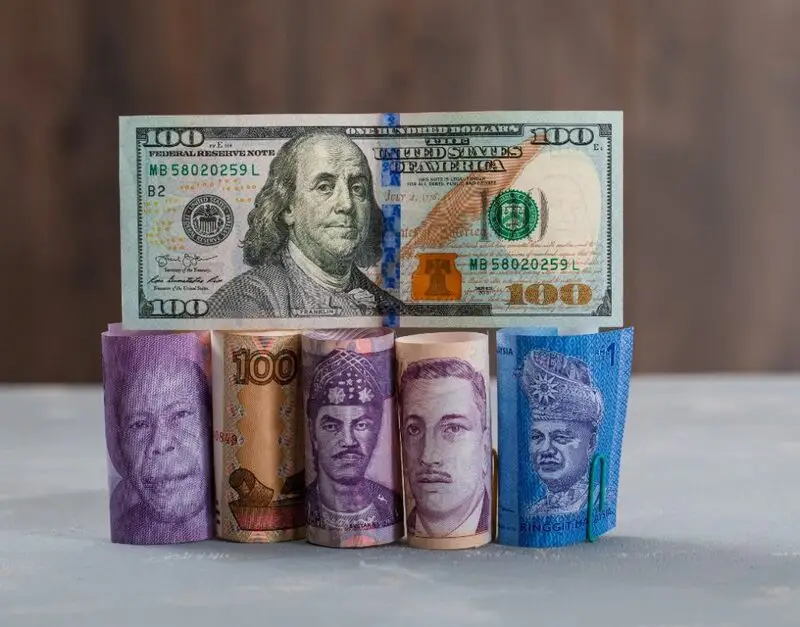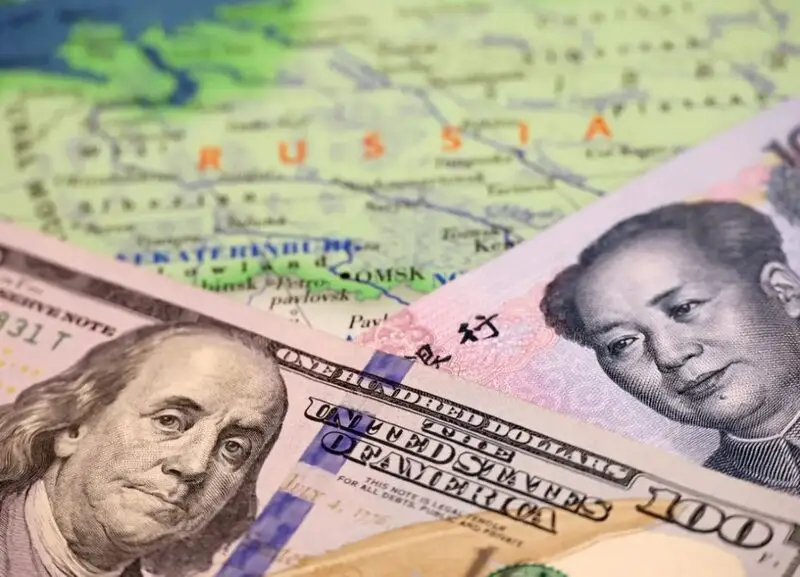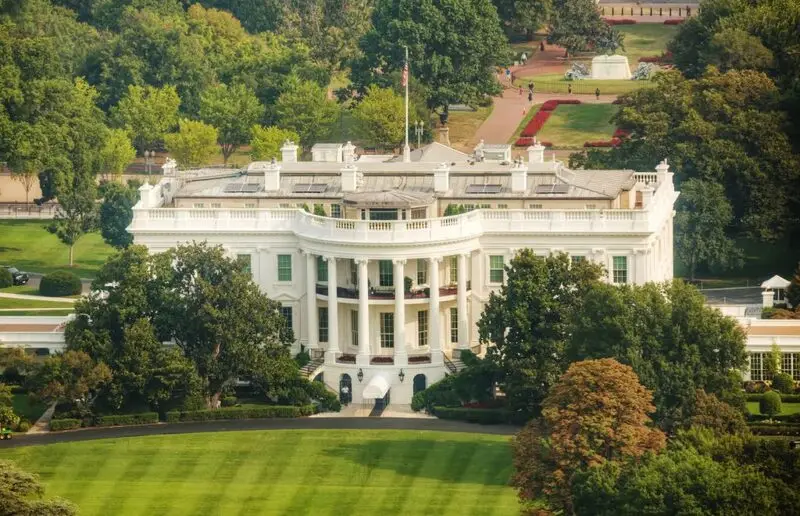BRICS: 3 Reasons Why Countries Want to Ditch the U.S. Dollar
A handful of developing countries from Asia, Africa, and, Latin America are unhappy with the U.S. commanding the global financial sector. Around 19 countries have expressed their interest to join the BRICS bloc and ditch the U.S. dollar. The interest to trade in a new currency comes on the heels of the next BRICS summit which will be held in August. Countries that have been on the receiving end of the White House are desperate to trade in a new currency.
Also Read: Germany Warns BRICS Nations Not To Take Advantage of Russian Sanctions
Therefore, China is advancing in convincing other countries to settle cross-border transactions with the Chinese Yuan. The move boosts other local currencies making the U.S. dollar slowly yet steadily lose in the supply and demand dynamics. In this article, we will highlight 3 reasons why other countries want to join BRICS’ mission to ditch the U.S. dollar for global trade.
BRICS: Here’s Why Other Countries Want to Ditch the U.S. Dollar
- U.S. Controls The World’s Financial Order

While the U.S. dollar is the de facto world’s reserve currency, the White House and leading American banks and entities command the world’s financial order. The privilege of being dominant for decades leaves no room for other countries to thrive and survive. Many other countries don’t want to be under the purview of the U.S. dollar and are aiming to strengthen their native currencies. Developing countries want their currency to dictate their future and not the U.S. dollar and other American financial entities.
Also Read: 22 Countries Formally Apply for BRICS Membership
- The Strong U.S. Dollar is Weakening Local Currencies: BRICS To the Rescue

The U.S. dollar is growing strong against all the other currencies in the world including the Pound, Euro, and Yen. This leaves no scope for native currencies to thrive and will always remain under the command of the U.S. dollar. Breaking away from the pattern makes native currencies stronger as they would be used for cross-border settlements. Therefore, the U.S. dollar growing stronger is a cause of concern among developing nations.
Also Read: BRICS: Will the Chinese Yuan Replace U.S. Dollar as Global Reserve?
- Fears of U.S. Sanctions

The U.S. pressing sanctions on developing economies is what made them consider trading in native currencies. The U.S. Secretary of the Treasury Janet Yellen confirmed that the White House pressing sanctions on other countries is only hurting the U.S. dollar. The BRICS bloc made use of the opportunity and is convincing other countries to trade in local currencies. While China is asking other nations to pay in the Chinese Yuan, India is asking to pay in the Rupee.
Comments
Post a Comment